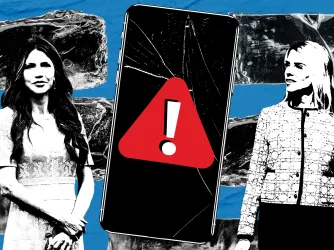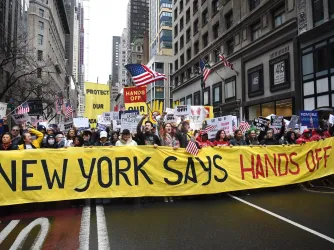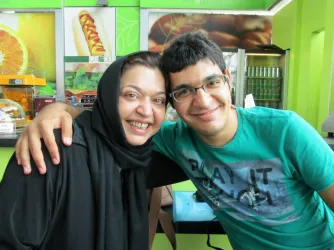Table of Contents
Speech Code of the Month: University of Vermont

FIRE announces its Speech Code of the Month for September 2016: the University of Vermont (UVM).
Like many universities, UVM has a Bias Response Program in place so that students can report incidents of biased behavior—including speech—to the university administration. UVM uses a very broad definition of bias:
Bias* is a personal inclination or temperament based on unreasoned judgment or belief. Bias may be reflected in behavior (verbal, nonverbal, or written) that is threatening, harassing, intimidating, discriminatory, hostile, unwelcoming, exclusionary, demeaning, degrading, or derogatory and is based on a person’s real or perceived identity or group affiliation, including (but not limited to) race/ethnicity, age, disability status, gender, gender identity/expression, national origin, sexual orientation, veteran status or religion.
The asterisk directs readers to a footnote explaining that “This definition of a bias incident is intentionally broad to reflect our values to create and sustain an inclusive, safe, and productive community for all of our members.”
While the bias reporting form notes that not all bias incidents will violate university policy, it provides little guidance on how that determination will be made, simply stating that:
Depending on the nature and severity of the behavior, the associated bias, and impact, incidents will be addressed as appropriate through interventions such as: education, restorative practices, community dialogue, and formal processes through institutional offices (e.g., review, investigation, resolution).
In other words, if you say anything that someone at UVM subjectively perceives as unwelcoming or demeaning, you can be reported to the administration and possibly—at the university’s discretion—subject to a formal conduct process or to some other, unspecified type of “restorative” or “educational” intervention. Would you feel free to speak your mind under those circumstances?
Aaron Kindsvatter, an professor at UVM, has openly criticized the university’s bias reporting policy for this reason. In August, Kindsvatter sent an email to members of the UVM community criticizing the policy and calling on UVM to adopt an academic freedom statement like the one adopted by the University of Chicago. Last week, Kindsvatter told Vermont’s independent publication Seven Days that the bias reporting policy “opens the doors for censorship” and “does not create an atmosphere that is healthy and safe for interrogation of thorny ideas.”
Those concerns are well-placed. While UVM’s bias reporting policy does not explicitly ban all biased speech, it is virtually certain to have a profound chilling effect on speech, as many students and faculty would rather keep their mouths shut than face a protracted university investigation or university-mandated sensitivity training (which, according to Seven Days, seems to be UVM’s remedy of choice for violators).
In the face of growing criticism, some universities are beginning to reconsider their use of bias response teams. The University of Northern Colorado recently shut down its program after it came to light, through public records requests, that its bias response team had directed professors to avoid discussing controversial material in the classroom. And according to reports, the University of Iowa also recently shelved plans to create a bias response team, citing academic freedom concerns.
Despite these isolated instances, however, these speech-chilling policies remain popular. The University of Vermont’s Bias Response Program is a prime example of an overly broad, vague policy that discourages free and open discourse on campus. For this reason, it is our September 2016 Speech Code of the Month.
If you believe that your college’s or university’s policy should be a Speech Code of the Month, please email speechcodes@thefire.org with a link to the policy and a brief description of why you think attention should be drawn to this code. If you are a current college student or faculty member interested in free speech, consider joining the FIRE Student Network, a coalition of college faculty members and students dedicated to advancing individual liberties on their campuses.
Recent Articles
Get the latest free speech news and analysis from FIRE.

FIRE sues Bondi, Noem for censoring Facebook group and app reporting ICE activity

Deep dive into New York’s proposals to ban demonstrations near houses of worship

Iran replaced my mother’s voice with silence
